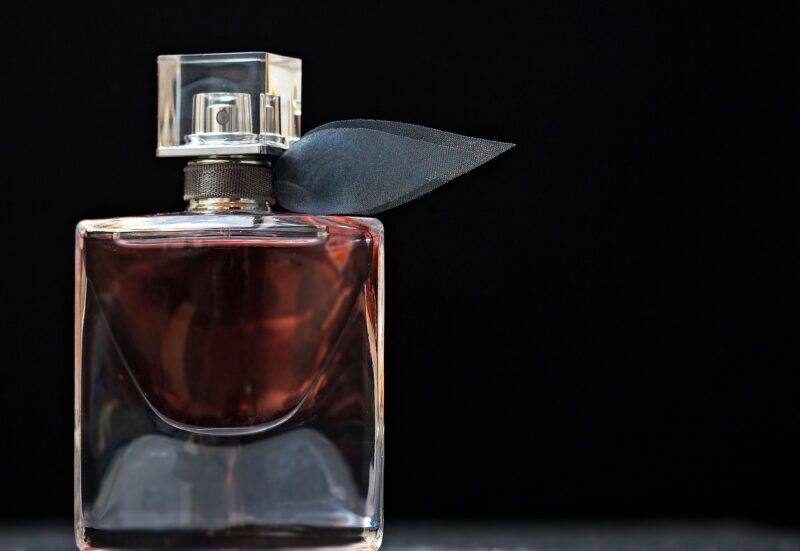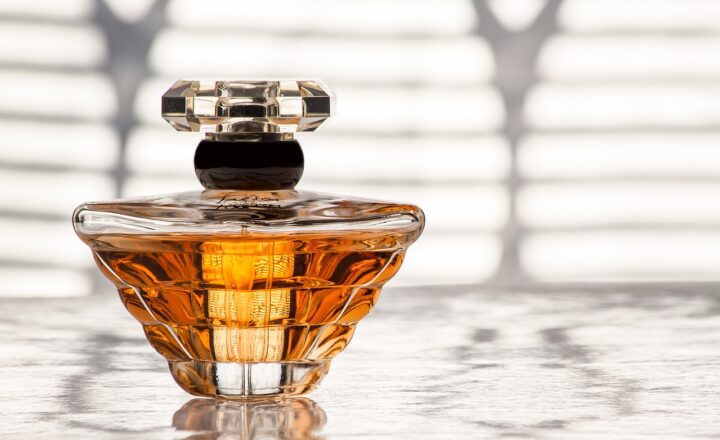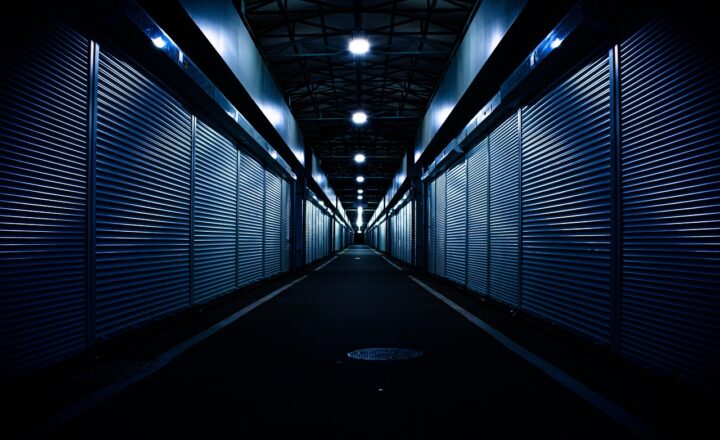The History of Perfume and How Scents Have Shaped Culture
November 17, 2024

Perfume, a fragrant concoction crafted from essential oils, resins, and alcohol, is more than a mere luxury. Its rich history spans thousands of years, tracing back to ancient civilizations, where it was revered as a symbol of status, spirituality, and artistry. In this article, we delve into the captivating history of perfume, exploring how scents have profoundly influenced cultures around the globe.
1. The Ancient Origins of Perfume
The use of scents can be traced back over 4,000 years, with the earliest forms of perfume emerging in ancient Mesopotamia and Egypt. In these civilizations, scented oils and balms were crafted from natural ingredients like flowers, spices, and resins. The significance of scent was evident, as perfume was employed in religious practices, personal adornment, and even embalming the deceased.
– Mesopotamia: The ancient Sumerians were among the first to distill perfumes, using recipes inscribed on clay tablets. Their fragrances often incorporated ingredients such as cedar and myrrh, reflecting the natural beauty of the region.
– Ancient Egypt: Perfume was intricately linked to Egyptian religion and rituals. The priestly class utilized fragrances during ceremonies to please the gods. Cleopatra is famously known to have used scent as a tool of seduction and power, enveloping herself in exquisite perfumes to leave an indelible mark on those she encountered.
The methods of extraction and distillation improved over time, leading to more refined products that became accessible to the elite and wealthy classes.
2. The Blossoming of Fragrance in the Ancient World
The art of perfumery flourished as different cultures began to adopt and adapt ancient techniques. The Greeks and Romans played pivotal roles in diversifying fragrance applications and enhancing its status across Europe.
– Greece: The Greeks revered scents for their aesthetic and therapeutic properties. Factories began producing perfumes in large quantities, establishing the groundwork for modern perfumery. Additionally, Greek philosophers such as Aristotle regarded scents as essential components of social interaction, suggesting that the olfactory senses could influence moral behavior.
– Rome: Perfume became synonymous with luxury among the Romans, with scented oils used not just for personal scent but also in bathhouses to create a luxurious ambiance. Scented baths became the height of social status, and perfumers rose to great renown. Prominent citizens often commissioned personalized fragrances that reflected their status and personality.
As trade expanded, exotic ingredients began to flow into Europe from the Middle East, enhancing the complexity of perfumes.
3. The Renaissance and the Birth of Modern Perfumery
The Renaissance marked a pivotal point in the evolution of fragrance, leading to innovations and a newfound appreciation for personal grooming and scent. Perfumes transitioned from being solely religious or decorative to becoming an essential aspect of daily life.
– Italy: The booming trade in aromatic spices led to the establishment of distinct perfume houses, particularly in Florence. The creation of Eau de Cologne in the 18th century exemplified the shift toward lighter, refreshing scents that appealed to the masses.
– France: France emerged as the epicenter of perfumery during the 17th and 18th centuries. The French aristocracy cultivated a unique relationship with scent, commissioning master perfumers to create exquisite fragrances. The establishment of Grasse as the perfume capital of the world birthed a new era of fine fragrances, with essential oils from flowers like jasmine and lavender being highly prized.
Perfume became an accessory of fashion and identity, with distinct scents associated with different social classes. The production methods became increasingly sophisticated, paving the way for the development of a wide variety of fragrances that appealed to diverse preferences.
4. The Industrial Revolution and Perfume Accessibility
The Industrial Revolution brought about significant changes in perfume manufacturing. Advances in chemistry and the development of synthetic fragrances transformed how perfumes were created and marketed.
– New Production Techniques: The introduction of synthetic compounds allowed perfumers to create fragrances that were previously unattainable. Ingredients like vanillin and synthetic musks made it possible to replicate natural scents at a fraction of the cost.
– Mass Production: As perfumes became accessible to the general public, brands began to emerge, making fragrances available at various price points. This democratization of scent fostered a culture of personal fragrance, allowing individuals to express their personality and identity through their chosen scents.
The rise of advertising and marketing further emphasized the allure of perfume, leading to iconic campaigns and the association of specific scents with celebrity endorsements and luxury lifestyles.
5. Contemporary Perfumery: A Blend of Art and Science
Today, perfumery is a respected art form as well as a scientific discipline. The modern fragrance industry is a multi-billion-dollar global market that incorporates both tradition and innovation.
– Artistic Expression: Modern perfumers often view their creations as works of art, experimenting with combinations of notes to evoke emotions, memories, and sensory experiences. Artistic perfumery emphasizes personal storytelling through scent, shaping unique brand identities.
– Sustainability and Ethical Practices: With growing awareness of environmental issues, many perfumers are turning to sustainable sourcing and eco-friendly practices. The rise of niche perfumeries is indicative of a demand for artisanal, handcrafted fragrances that honor the environment and pay homage to plant biodiversity.
Perfumes continue to influence cultural and social dynamics, from the fragrances worn during significant life events to the tradition of gifting scents on special occasions, creating meaningful connections across generations.
6. Conclusion: The Lasting Impact of Scents
The history of perfume is a fascinating narrative woven into the fabric of human civilization. From its ancient origins to contemporary innovations, scent has influenced culture, identity, and emotional resonance. Perfumes carry the power to evoke memories, convey social status, and express personal style. As we look to the future, perfume remains a multifaceted art form that enhances our lives, inviting us to explore the rich tapestry of fragrance’s impact on our world.
By understanding the history of perfume and its cultural significance, we unearth the profound connection between scents and our shared human experiences.








